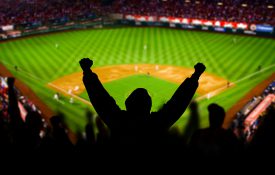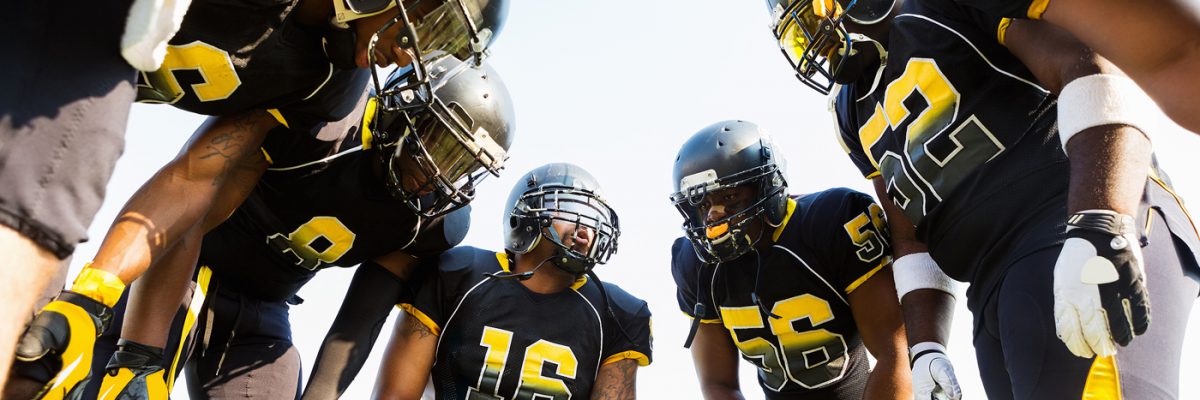
Thoughts That Win
Using self-talk — repeating specific words or small phrases — can focus players’ attention and improve their performance. Visit Page
Third-year doctoral student Teona Velehorschi provides tips to help students manage the demands associated with the world of academia. Visit Page
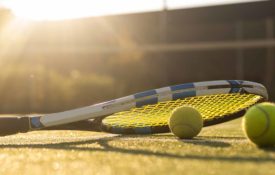
Research done in Psychological Science provides support for something sports fans have long suspected: When athletes feel the pressure, their performance suffers. Visit Page
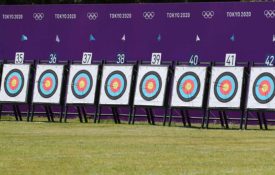
Even when young competitors show tremendous promise in a specialized sport, they’re likely to emerge better adult athletes if they take a more multidisciplinary approach. Visit Page
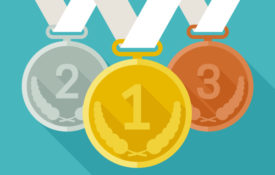
Psychological scientists have identified what distinguishes the athletes that made it to Winter Olympics, and what predicts their chances of standing on the medal podium. Visit Page

A sunny day or the fact that your favorite sports team unexpectedly won yesterday won’t improve your chances of winning the lottery and yet they might increase the likelihood that you’ll buy a ticket. Visit Page
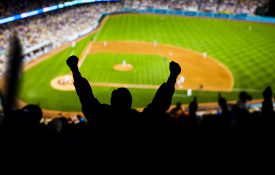
On the Monday following a big football game, fans of the losing team seem to load up on saturated fats and sugars, whereas supporters of the winning team opt for healthier foods. Visit Page

Researchers find that the amount of practice accumulated over time does not seem to play a huge role in accounting for individual differences in skill or performance. Visit Page

From football to blackjack, simply detecting an error in judgement may not be enough to alter behavior. Visit Page
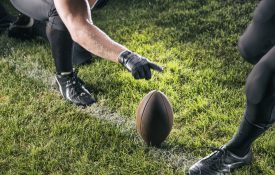
When study participants were dissatisfied with their team’s performance on Sunday, they also reported a more negative mood on Monday, which was linked with lower engagement and productivity at work. Visit Page

If the NFL team you hate the most is in the Super Bowl, take heart. Psychological science suggests that a rival team’s win may improve your team’s motivation and performance next season. Visit Page
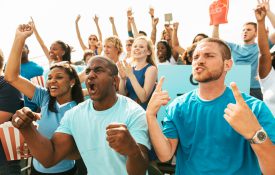
Recruiting high-level talent may seem like a sure way to win, but bringing together the most talented individuals doesn't seem to guarantee the best possible team performance. Visit Page
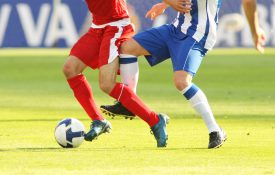
Research on sports and athletic competition suggests that there is scientific support for the idea of a “home field advantage.” Visit Page

It might seem as though some players are on a streak, with their chances of success getting better with every shot they take. But the data suggest otherwise. Visit Page
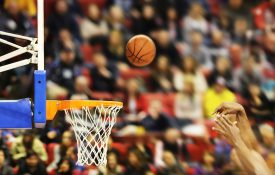
Players' superstitious rituals may seem silly but research shows that having some kind of lucky token can actually improve performance – by increasing self-confidence. Visit Page

As the FIFA World Cup kicks off and the NBA finals “heat” up, new research suggests that there is such a thing as having “too much talent” on a sports team. The research indicates that Visit Page
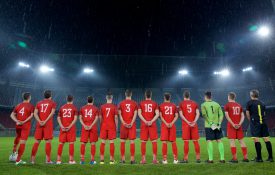
One way players might be able to improve their chances at making key shots is by tricking themselves into thinking the goal, the basket, or the target is bigger than it really is. Visit Page
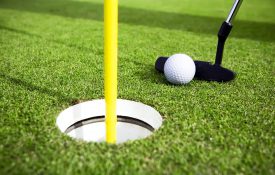
Athletes know they should just do their thing on the 18th hole, or during the penalty shootout, or when they’re taking a 3-point shot in the last moments of the game. But when that shot Visit Page
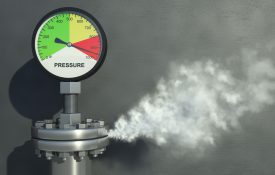
How do great rivalries in sports and business drive the performance of the competitors? A recent study provides some answers. Visit Page
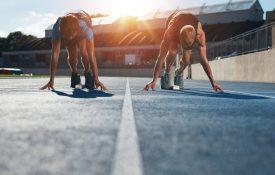
An experiment involving fans of Major League Baseball's most intense rivals unearths a particularly troubling aspect of finding pleasure in others' pain. Visit Page
